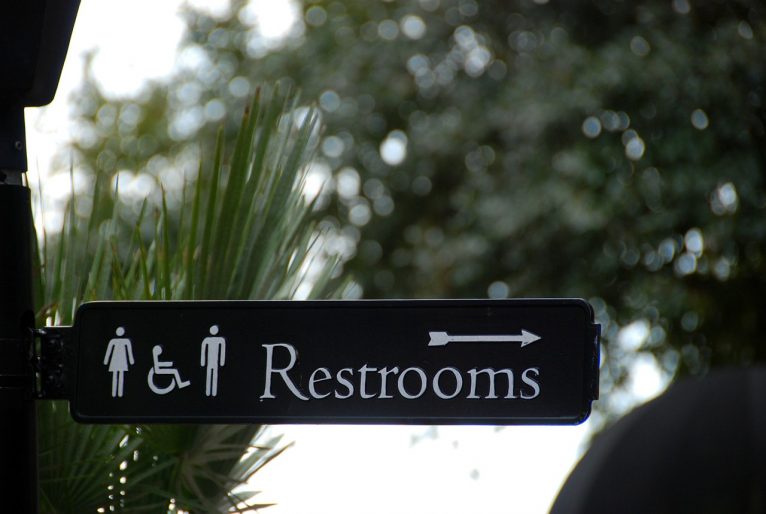The current coronavirus pandemic confirms more than ever the importance of hygienic and secure facilities. This adds a lot of pressure on building managers who must optimize their maintenance program to the fullest extent possible and still remain profitable.
According to statistics, more than 80 per cent of the building maintenance cost is accounted for by labour, while the cost of chemicals, accessories, and equipment represents approximately 20 per cent of the operating budget. Fortunately, technological advances in recent years have made it possible to develop innovative ways to manage maintenance intelligently, particularly for public washrooms.
Washroom cleanliness plays a decisive role in customer satisfaction. A study conducted by the Airports Council International (ACI), “Airport Service Quality: Clean Airports”, shows that washroom cleanliness, combined with terminal cleanliness, affects overall passenger satisfaction more than any other infrastructure factor. Moreover, according to Dimitri Coll, Associate Director of ACI, “clean restrooms are a major driver of satisfaction in airports, and if you want a pleasant experience, clean restrooms are a must.”
Improved technology
The cleaning industry has been greatly boosted by innovative and technological solutions in recent years. The concept of connectivity in the cleaning industry has gained significant momentum. Many distribution systems now offer technological solutions that exploit the Internet of Things (IoT) by collecting data to improve the quality and efficiency of operations.
This not only enhances the customer experience but also the cleaning staff’s overall operations. With these distributors, maintenance personnel can easily monitor supply levels and even receive alerts when they reach a certain pre-determined threshold. This eliminates problems before they occur by reducing customer complaints. Distributors can then be optimally supplied.
These systems not only eliminate the frequency of maintenance check-ups but by doing so allow more time for other tasks such as disinfecting high-touch surfaces.
Optimize work routes
Previously, employees had to check each washroom, floor by floor, without even knowing if the washroom had been used or not. Accumulated over a week, this value-free task represents a considerable waste of time and resources.
As a result, intelligent solutions are demonstrating their benefits by collecting data that not only monitors dispenser levels, but also measures bathroom traffic. This traffic can then be analyzed during a typical day to optimize work routes by returning more regularly to high-traffic washrooms and thereby reduce the frequency for others. Public washrooms that have not been used during the day will not require a thorough cleaning.
Thorough inventory management
By accumulating the data collected by these intelligent dispensers, it becomes easy to predict the amount of product required to maintain each washroom. Thus, over time, the system may be able to evaluate certain periods of the year when consumption is higher in order to forecast supplies accordingly. By having reliable data, we avoid placing over-orders of products and can reduce on-site inventory, thus optimizing space, which is often limited and, more importantly, controlling costs.
Karl Bédard plays a key role in the quality control of building hygiene for Building Hygiene Management. Certified as an internal auditor by the Mouvement québécois de la qualité, he analyzes client processes, offers effective solutions, and establishes systems that optimize team productivity, reduce costs and execution time, and ensure the quality of the work performed. He also trains personnel to perform audits, correctly follow internal procedures, and optimally use systems. He holds the LEED Green Associates Certification attesting to his commitment to eco-responsible management practices.








